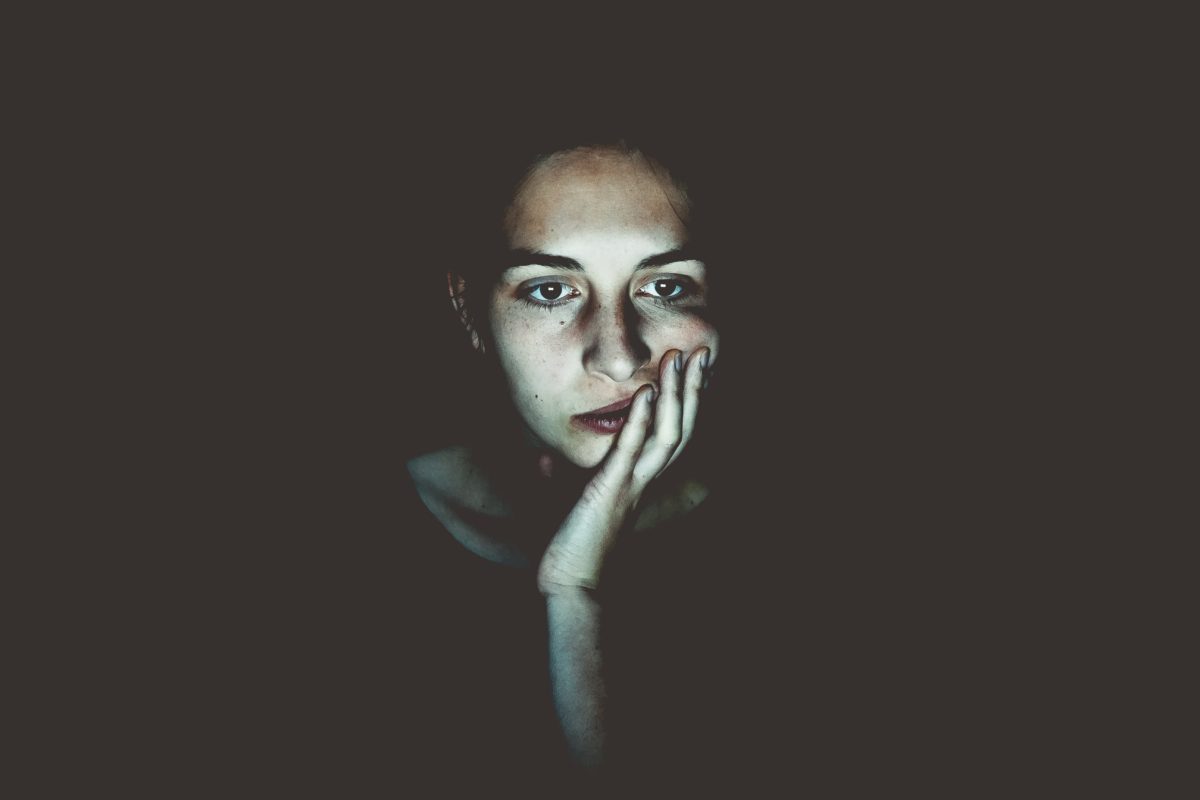Is trauma really about personal resilience?
How much vs. how little exposure?
Are some people just stronger than others in the wake of trauma?
Understanding Small Ts and Large Ts
The truth is, someone doesn’t have to experience an overly distressing event in order for it to affect them deeply. In fact, the build up of smaller, everyday experiences can really take a toll. Trauma, whether big or small, can linger and affect your everyday life.
The “Large Ts” are usually the experiences most people think about when it comes to trauma. Military combat, sexual abuse, and natural disasters are commonly fall under the category of “Large Ts”. These types of trauma are the ones often associated with PTSD and leave people feeling powerless.
On the other hand, “Small Ts” can also interfere with your mental wellness. They too can disrupt emotional functioning and cause people to feel depressed and hopeless. Small traumas include situations such as family conflicts to financial stress, or divorce/ infidelity. Small traumas can accumulate and take an even bigger toll over time.
Who Gets PTSD & Who Doesn’t?
PTSD is a complex diagnosis. Trauma affects people differently. Factors like your past, perception of the event, and personal tolerance all matter. Also, not all combat service members are diagnosed with PTSD. The difference between developing trauma-related symptoms (or not) also has to do with how individuals process the trauma. Avoidance can lead to PTSD which is why it’s so important to heal.
Whether large or small, the way you perceive trauma is not a sign of weakness. Your journey to healing starts with self-love and acceptance. Dr. Madaram has a special interest in military personnel and veterans who suffer with depression, anxiety, PTSD and other disorders that interfere with their lives. He’s here to help you heal from all types of trauma in order to live your best life. Call today 919-802-1417






